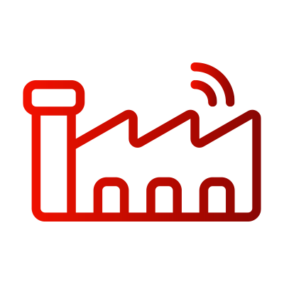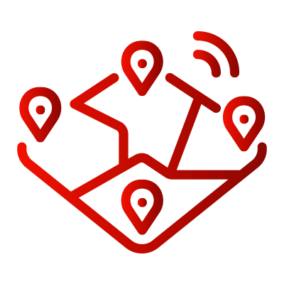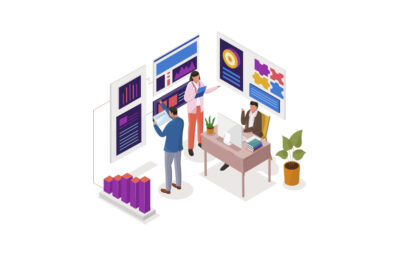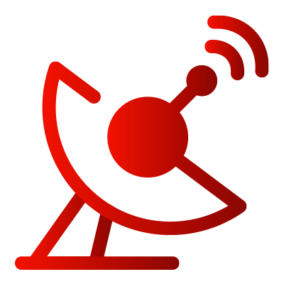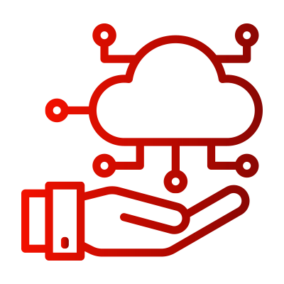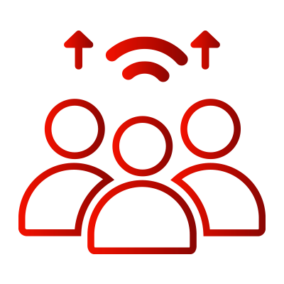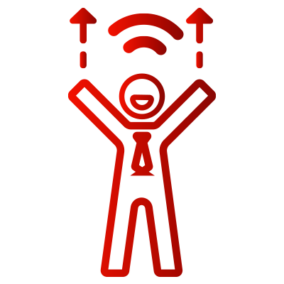Revolutionizing Cityscapes with Intelligent Traffic Management Systems
Urban Mobility Solutions for Congestion Reduction are at the forefront of transforming urban transportation, making it more efficient, sustainable, and adaptable to the needs of growing populations. By leveraging advanced technologies such as IoT, data analytics, and smart city solutions, these innovative approaches aim to alleviate traffic congestion, enhance public transport systems, and contribute to environmental sustainability. This article explores the pivotal role of urban mobility solutions in reshaping traffic management, promoting sustainable transportation options, and integrating technology for comprehensive urban planning.
Implementing Smart Traffic Management for Fluid Urban Transit
Utilizing Data Analytics for Real-Time Solutions
Smart traffic management systems stand as a cornerstone of urban mobility solutions, utilizing real-time data analytics to optimize traffic flow and reduce congestion. By analyzing traffic patterns and predicting peak times, these systems can dynamically adjust traffic signals, manage road usage, and provide drivers with alternative routes to avoid heavy congestion. Furthermore, the integration of IoT devices allows for the collection of vast amounts of data from various sources, including traffic cameras, sensors, and GPS signals from vehicles, enhancing the accuracy of traffic forecasts and the effectiveness of management strategies. This proactive approach not only improves the efficiency of urban transportation networks but also significantly reduces the environmental impact of vehicular emissions.
Promoting Sustainable Transportation through Innovative Urban Planning
Encouraging Public Transport and Alternative Mobility Options
Sustainable transportation is a critical component of effective urban mobility solutions, emphasizing the need for a shift from private vehicle use to more eco-friendly modes of transport. Urban planning plays a vital role in this transition, incorporating the development of efficient public transport systems, cycling lanes, and pedestrian pathways into cityscapes. By providing reliable, accessible, and convenient alternatives to car travel, cities can reduce reliance on private vehicles, thereby decreasing traffic congestion and contributing to a cleaner environment. Additionally, the adoption of electric buses, bikes, and car-sharing services further supports this shift, offering low-emission transportation options that align with the goals of environmental sustainability.
Leveraging Technology Integration for Comprehensive Congestion Reduction
Advancing Urban Mobility with IoT and Smart City Solutions
The integration of technology into urban mobility strategies offers unparalleled opportunities for enhancing transportation systems and reducing congestion. Smart city solutions, powered by IoT technology, provide a holistic approach to managing urban mobility challenges, facilitating seamless communication between transportation infrastructure, vehicles, and traffic management centers. This interconnectedness enables the implementation of sophisticated systems for monitoring and controlling traffic, optimizing public transport schedules, and providing citizens with real-time information on traffic conditions and transportation options. By embracing these technological advancements, cities can create more resilient and efficient transportation networks, paving the way for a future where urban mobility is not just about reaching destinations but about doing so in the most efficient, sustainable, and user-friendly way possible.
In conclusion, Urban Mobility Solutions for Congestion Reduction are essential for addressing the complex challenges of urban transportation in the 21st century. By combining smart traffic management, sustainable transportation practices, and cutting-edge technology integration, these solutions offer a blueprint for creating more livable, efficient, and environmentally friendly urban environments. As cities continue to grow and evolve, the importance of innovative urban mobility solutions in shaping the future of transportation cannot be overstated, making them a critical focus for urban planners and policymakers worldwide.
#UrbanMobility, #TrafficManagement, #CongestionReduction, #SmartCitySolutions, #SustainableTransportation, #DataAnalytics, #IoT, #PublicTransportImprovement, #UrbanPlanning, #TechnologyIntegration, #EnvironmentalSustainability

